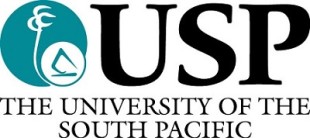The University of the South Pacific is not solely owned by one country but 12 countries whose interest it needs to serve well says Chancellor Lionel Aingimea.
Responding to questions from this newspaper, Mr Aingimea said it was called the University of the South Pacific because it was inclusive. “It is not a university of any particular country,” said Mr Aingimea.
“It is not a political institution; it should not be treated as a political institution. “It should be treated as a place where ideas are fostered, where learning is upheld to be sacrosanct.
“I am also concerned that because of the reputational risk that USP carries, that we have to carry a reputation that will want donors to come in and give money.”
Mr Aingimea said donors wanted to invest in the university’s maritime school, law school, and other schools within the institution adding they needed confidence in the university’s administration.
“Donors need to see that we have the governance ability to be able to use their money well and to use it for the betterment of the Pacific countries.
“One of the most important things for us to remember is that the university is a regional institution and what I would like to basically tell the students and the staff is this, as a chancellor that I want to reassure them and want to emphasise that first and foremost are the staff and the students of the USP, their interests come first.
“Good governance strategy and vision must go hand in hand and that’s what many council members are concerned with and of course council must always be thinking ‘how do we safeguard our students, how do we safeguard our staff’.
“That also is of great importance.”




